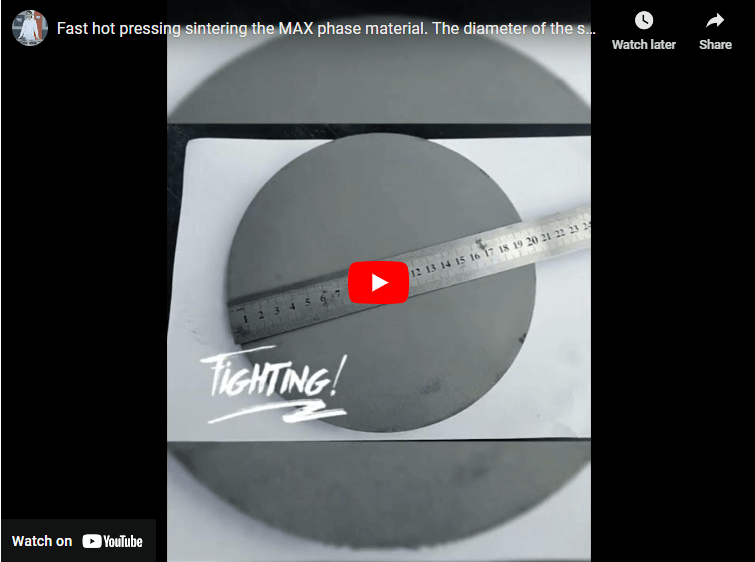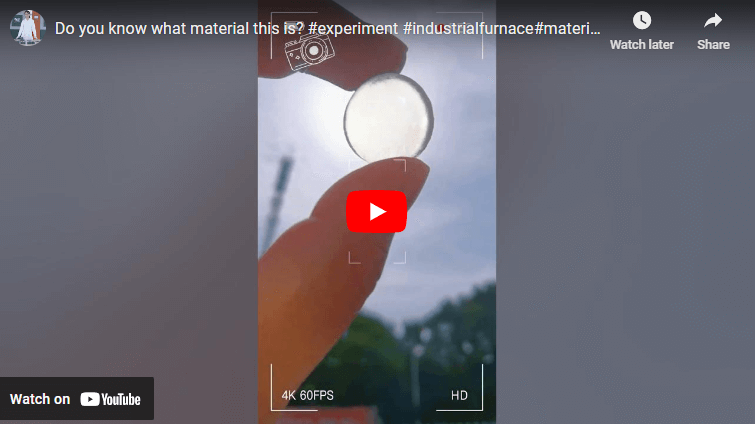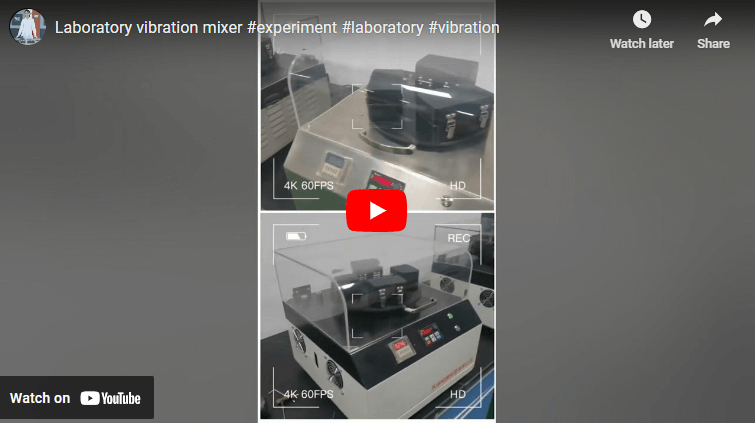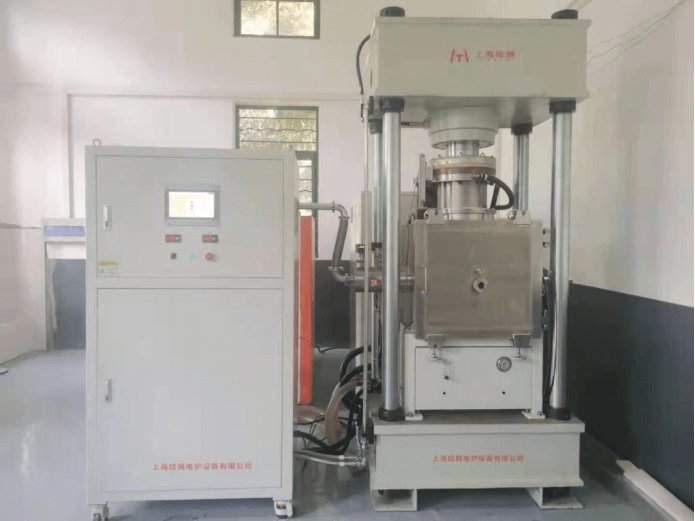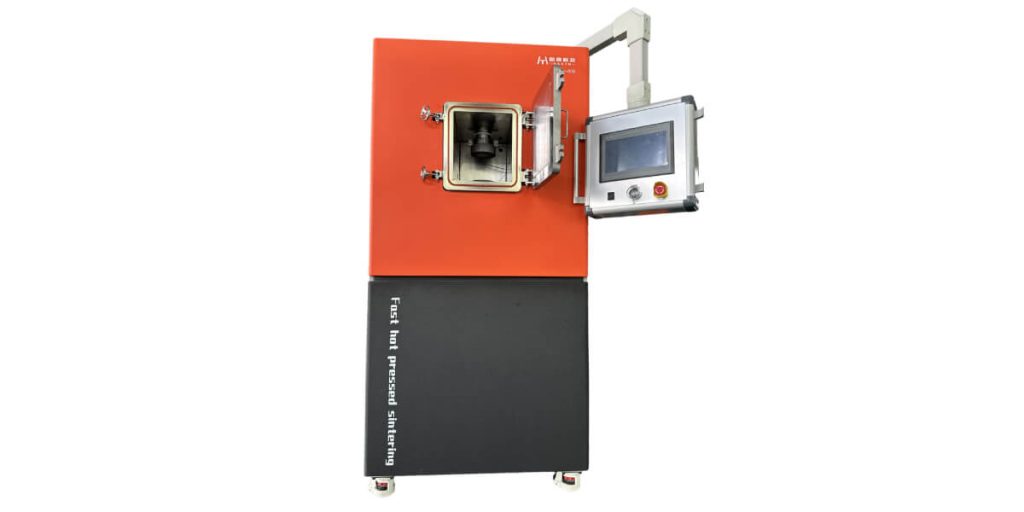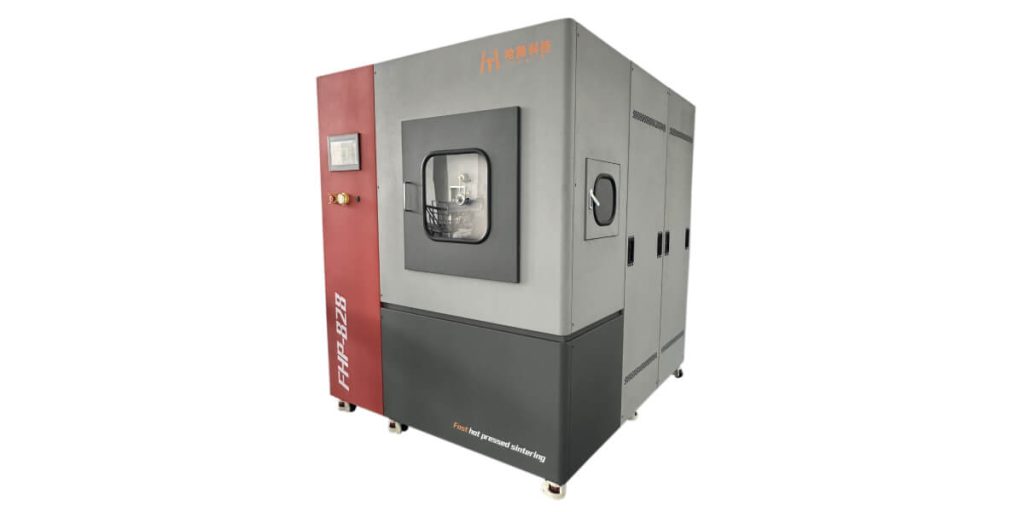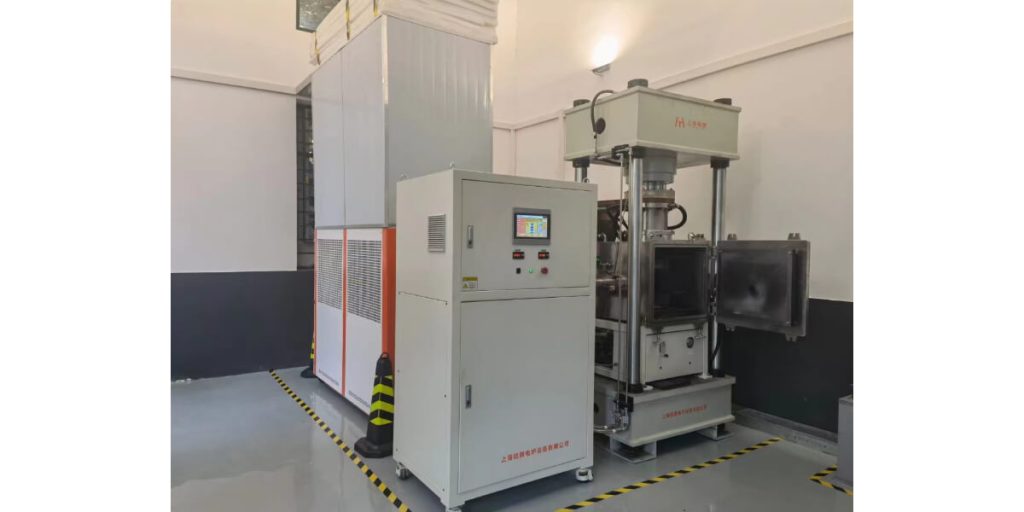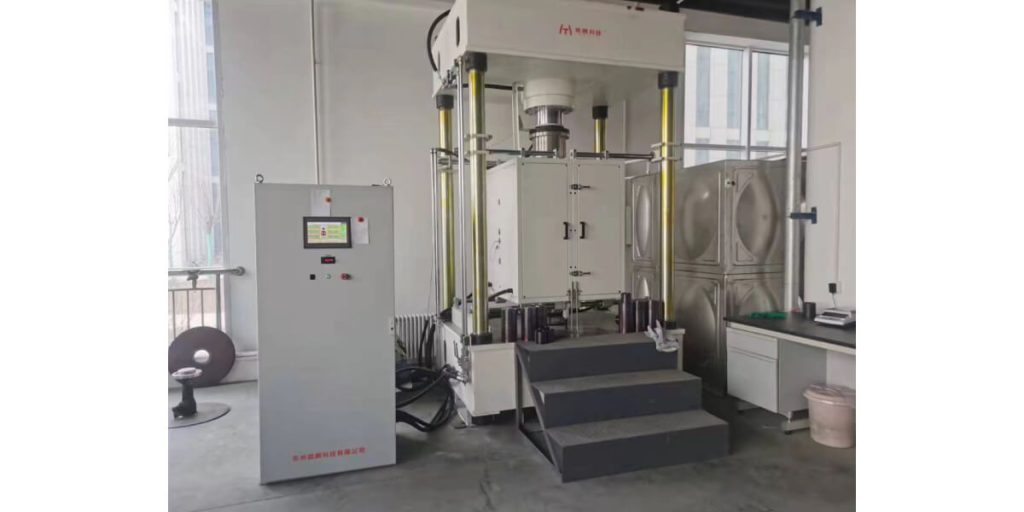Similar to MAX phase materials, MoAlB replaces carbon or nitrogen elements with boron, also forming a cermet phase with a unique layered structure. It has high-temperature resistance, oxidation resistance, corrosion resistance, processability, and good mechanical properties. So it has attracted much attention from materials researchers.
Before this, MoAlB materials were mostly prepared by normal pressure sintering, hot press sintering, self-propagating sintering, and other methods. However, the energy consumption is high, the synthesis time is long, and the density of the prepared bulk materials is low. In comparison, SPS (Spark Plasma Sintering) using pulsed power has significant advantages.
The field-assisted sintering technology developed by our company achieves sintering effects comparable to those of SPS using pulse power at a lower cost. Recently, the team of Professor Yang Zirun of Yancheng Institute of Technology synthesized using field-assisted sintering technology preparation MoAlB. Its high-temperature antioxidant properties were tested, and the relevant experimental results were published in “Vacuum” Impurities.
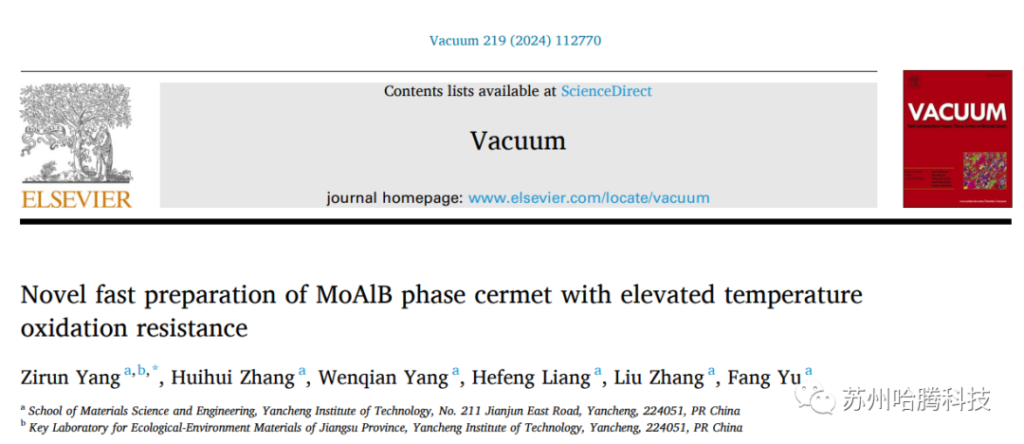
In the experiment, mix the molybdenum powder, aluminum powder, and boron powder in a certain proportion. And loaded into a graphite mold with a diameter of 50mm. Then, sinter them in our CNE-FHP-828 field-assisted sintering technology furnace. The heating rate was set to 150℃/min, the sintering temperature was 1150~1250℃, the holding time was 10 minutes, and the pressure was 40MPa.
The sample density obtained under the optimized experimental conditions can reach 97%. SEM (scanning electron microscope) photos show a layered structure with almost no voids.
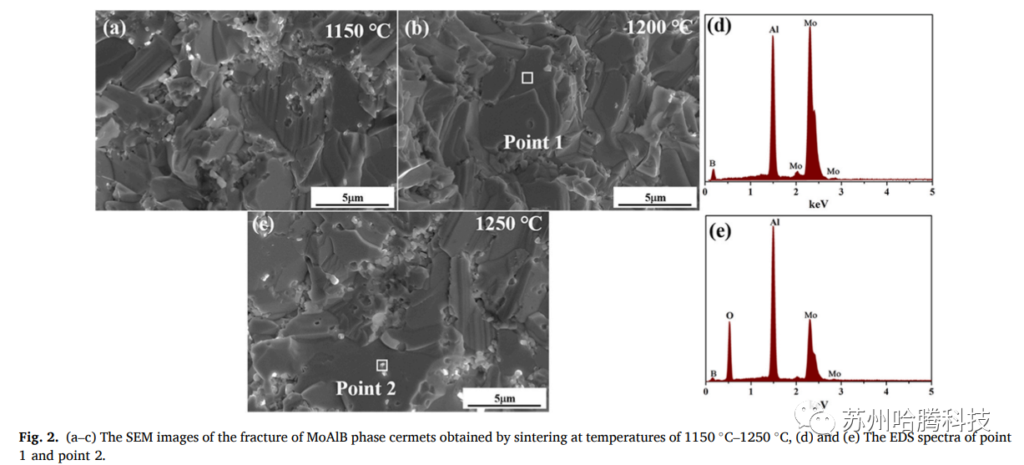
The article then tested its oxidation resistance, and the sample still maintained good oxidation resistance at 1000°C.
This is another example of our field-assisted sintering technology being used in new material research.

